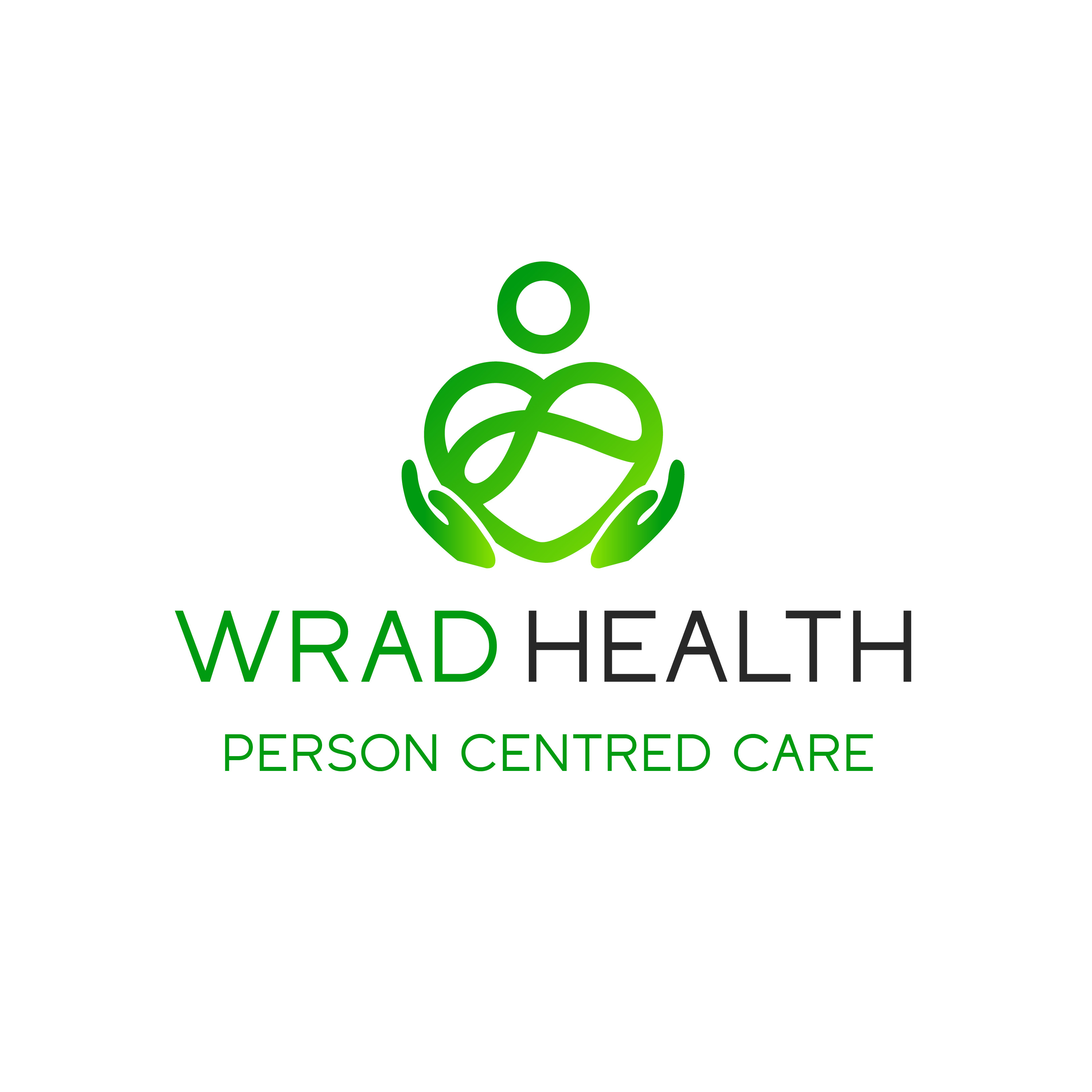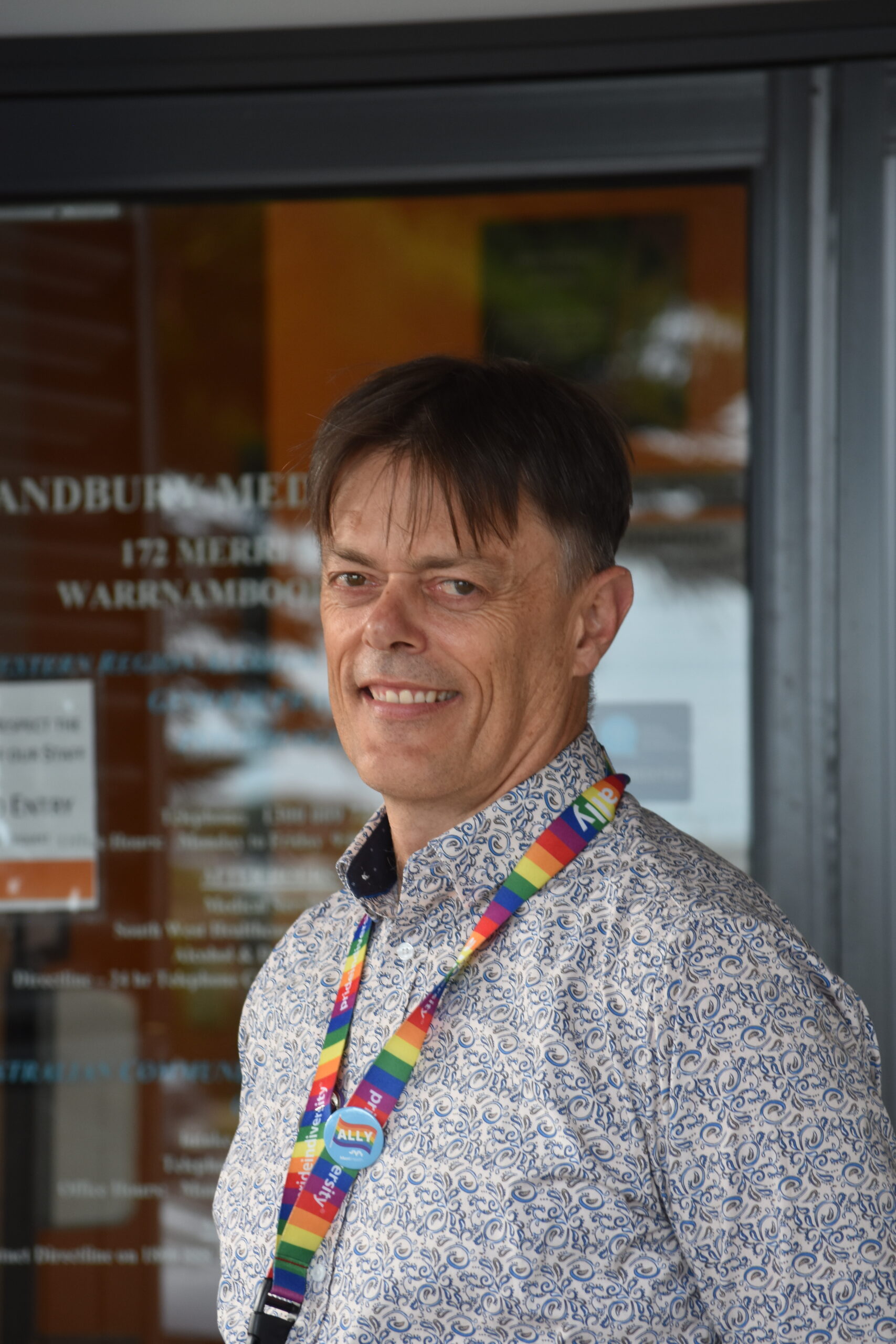

February 23, 2024
News

Speaking on the eve of International Family Drug Support Day on February 24, Mr Powell said WRAD Health strongly supported the engagement of families and recognised the important role they play in the care and treatment of anyone struggling with substance disorders.
He backed calls from Family Drug Support (FDS), for more recognition of the voice of families.
Founder and CEO of FDS, Tony Trimingham OAM, who started the organisation after the death of his son Damien 25 years ago, said it was now abundantly clear that the national drug policy debate was missing a critically important voice – families.
“When a family member is badly impacted by substance use, it can break you. It can break relationships. It can break families. Broken families weaken communities and are often hard to see, because we’re all very good at hiding the issue.
“It appears everyone has a say on our current drug policies, including politicians, police, religious leaders and media commentators, yet families are too often left out of these discussions, despite being the people, along with the people using drugs, most affected by the current policies.”
Mr Trimingham said that in FDS’s recent Voices to be Heard Survey of more than 600 family members affected by someone else’s drug and alcohol use, families were unambiguous about their deep dissatisfaction with the status quo regarding drug policy.
“This was especially the case with the zealousness of government to pursue the punitive responses rather than those of compassion, which are far more effective in reducing harm and exacerbating problems for families.”
In looking at the results of the survey, families overwhelmingly support the following: • Needle & syringe programs (87.5%) • Pill testing services (85.7%) • Pharmacotherapy (methadone, buprenorphine etc.) programs (86.3%) • Medically supervised injecting centres (83.1%) • Medicinal cannabis (83.9%) • Prescription heroin programs (74.8%)
In addition, families wanted to see resources allocated to harm reduction strategies by a factor of almost 7:1 when compared to law enforcement strategies.
The reality being experienced by families from the extraordinarily harmful legal consequences of drug use resulted in families overwhelmingly supporting the legalisation of cannabis and strongly supporting the decriminalisation of all currently illicit drugs.
Furthermore, it is also clear that families often try tough love approaches (60%) when trying to deal with drug and alcohol issues with family members but find them to be ineffective and problematic. As a result, families become far more in favour of strategies that encourage connection and coping (86%), with as few as 10% continuing to support tough love approaches.
Mr Powell said the survey shows families support a harm reduction approach. “They recognise that a punitive approach to people with addiction is unhelpful and doesn’t engage them into treatment, creating even greater risk.
“This is echoed people working in the field.”
WRAD Health has been facilitating groups for families for several years and recognises the impact and distress families face and some of the barriers to treatment for them including feelings of anger, guilt, shame and stigma.
“Hopefully days such as IFDS bring a spotlight to their experiences and further breakdown those barriers,” Mr Powell said.
WRAD Health continues to support and advocate for focused interventions for families and significant others of someone using substances.
WRAD HEALTH’s vision is to advance the health and wellbeing of those in the South Western Region of Victoria affected by Addictive behaviours and to promote optimal enjoyment of life.
WRAD HEALTH seeks to provide comprehensive, holistic support and treatment to individuals and others affected by addictive behaviors and associated issues.
The philosophy of harm minimisation underpins the delivery of all programs offered by WRAD HEALTH. This principle recognises that people in our society use both licit and illicit drugs, and that drugs can be used in ways that are more or less harmful to individuals, families and society. Harm minimisation offers a number of options designed to reduce the harm of drug use to the user and society.
Emergency call 000
For medical issues call South West Healthcare 55 631666
For mental health issues call SWH emergency dep't 55 631 666 or 1800 808 284
For drug and alcohol issues call Directline 1800 888 236
For Lifeline call 13 11 14
Or click on the links below for help.